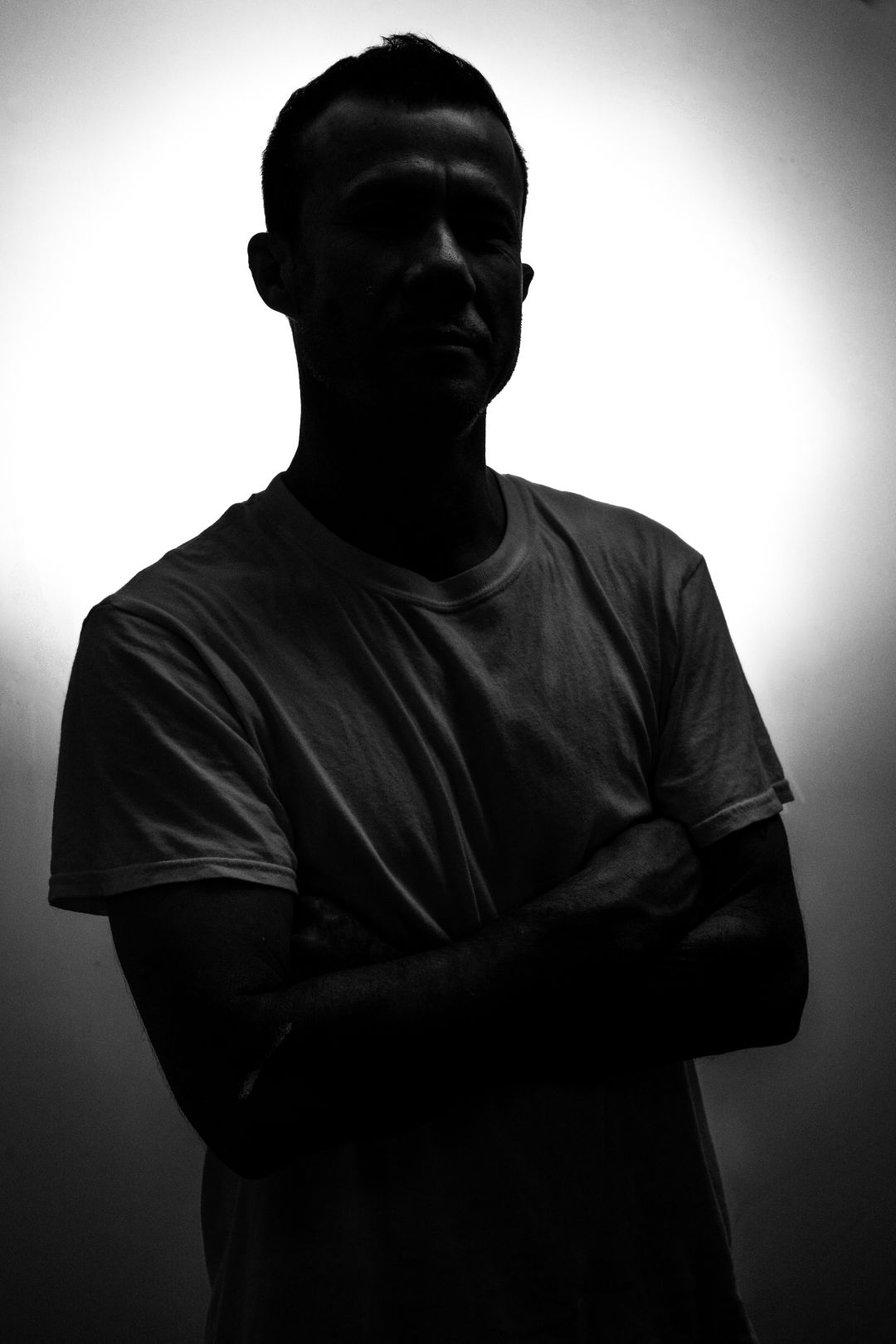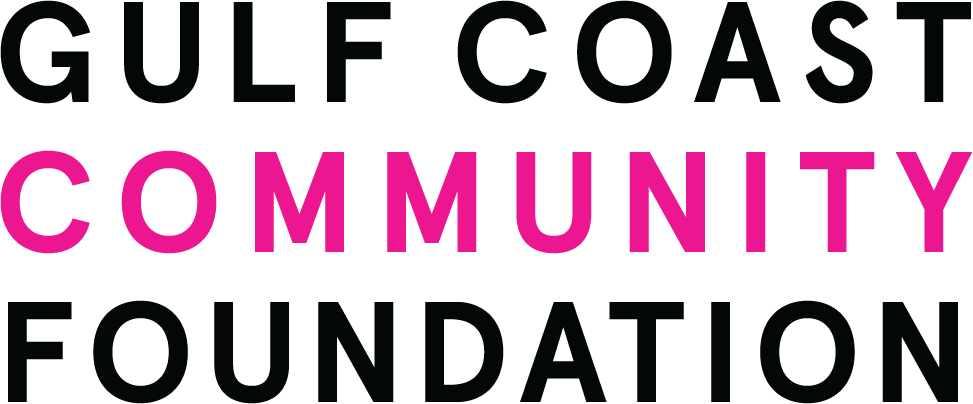An Undocumented Immigrant on What It's Like to Live in the Shadows
This article is part of the series Listening to Diverse Voices, proudly presented by Gulf Coast Community Foundation.

Carlos
Image: Michael Kinsey
Like many residents, Carlos* first came to Sarasota to live here seasonally, but not for the same reason as a typical snowbird. He arrived in Sarasota as an undocumented immigrant in 1995. At first, he picked oranges for eight years in Arcadia and Myakka City in the winters, heading north to Michigan in the summer to pick cucumbers for a pickle jarring plant. The potential earnings could be good or bad, ranging from $300 to $1,000 a week, “depending on how fast you can move,” he says. As he gradually learned English, he made the transition to construction, and can now do anything a house renovation demands, from plumbing to electricity to tile. Despite his sought-after skill set and hard work ethic, Carlos, 44, remains undocumented.
Where are you from?
"I’m from San Felipe in the state of Guanajuato in Mexico."
Why did you leave Mexico?
"I never went to school and I started working at age 7 caring for animals on a farm we had. I had 100 goats to look after and protect from coyotes who wanted to eat them, which was really scary sometimes, because they’re big and can attack you, too. I had to leave to find a job.
"Now there’s cartel stuff going on in the town. Two years ago, a friend of mine disappeared and three people were found dead in the countryside. I’d rather be in jail here than there scared for my safety and my life."
What does it take to get here?
"It’s not too hard. You just need money. It’s about $8,000 for one person to get over the border.
"The first time I came here, I walked for 11 days. In the end, we couldn't even walk anymore. The bottoms of our feet were burned from the hot ground. We had to keep to the countryside so we wouldn't be seen. I went three or four days without food. You bring a backpack you know you'll have to carry the whole time, so you don't take much. We killed a rattlesnake so we could eat one time. It tasted like fish. Another time, we found a pond, and after we drank we saw a dead cow in it. But you can't worry about stuff like that when you're in that situation.
"One time, I was waiting for someone at a Walmart checkpoint for pickup and they never showed up. And that was after I already paid them. That can happen, too."
What was it like to pick oranges?
"It's hard work. You have to be healthy and flexible to bend over all day or reach up high for the oranges. You live in a trailer with three other people and if you miss one day, you're kicked out.
"With the cucumbers, you have to pick them when they're just the right size. If they're too big to fit in the pickle jar, they're thrown away and you don't get paid for those.
"You have to weed them, too, but you're not paid for that. If you don't do it, you won't get good cucumbers. For a week, you sleep only three hours a night because the owner is renting the pickling equipment and you have to rush through jarring so he saves money on rent.
"You don't learn English because you're only among Spanish speakers. I didn't like that."
What are the challenges of being undocumented?
"I can’t open a bank account, so I have to ask people who hire me to pay me in cash. It's good that now there's PayPal. I can’t get a credit card or a driver’s license, either, and if I got pulled over I'd probably get deported.
"I also can’t get a plumbing or electrician’s license, even though I know how to do all that stuff. If I were legal, I'd be able to charge more for my work. A lot of people who hire me don't pull work permits, either, so you never know if the job will get shut down by the city and you lose out on the job.
"Without papers, I can’t rent a house because I have no credit, so you end up in not-great properties where the landlords don't care. If you're not happy, you can leave. I live with three other people and there was a water leak and mold. Then rats came in. I got a cat and that took care of it, but we had to fix it ourselves and still pay the rent in full. The landlord doesn't care because there’s more people who will take my place if I leave.
"One of the hardest things is not being able to see my parents. The only time I’ve seen them is when I've been deported, so three times in 26 years. They’re getting older and I miss them."
Are you ever discriminated against for being Hispanic?
"Sometimes if I have a disagreement with someone, they say they’ll call [U.S. Immigration and Customs Enforcement] on me. I also have to worry about people not paying me. On one job, the lady called the city to report undocumented workers on a job site, so we all had to leave in a rush and we didn’t get our final payment. I think the person who hired us in the first place made it happen so he could save money. You never know."
Why don’t you gain legal status?
"The time, the money. You need an attorney who won’t rob you. I have three kids here, so I have to save my money for them. And also, you can’t do it when you’re already here illegally because that’s considered breaking the law. If you've been deported but came back, like me, that makes it even harder. There’s no lineup where you just fill out an application. People think it’s easy, but actually it’s almost impossible unless maybe you marry an American or you have a lot of money and connections."
What do you like about it here?
"If you're smart and you like to make money there's lots of opportunities here. You just have to work hard. Each day I learn something new. I like that."
What don't you like about it here?
"I really can't complain too much. But people don't care if I get deported. If I do, there's no one to help support my kids. We don't use food stamps or government help, so why deport me if I'm working hard and paying for my kids?"
What do you wish people knew about Hispanic people who are undocumented?
"We just want to be treated the same. It's hard to leave everything you know and go somewhere different to make a better life. It takes courage."
*Last name has been omitted for privacy




